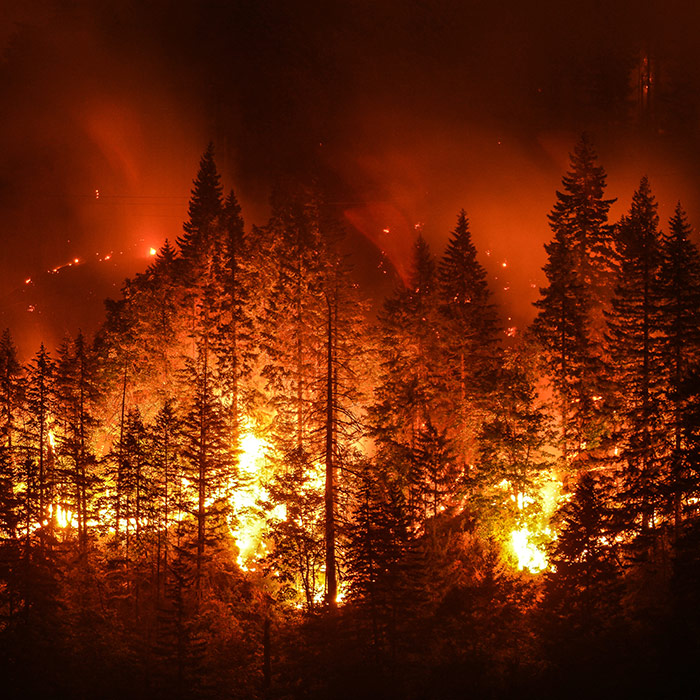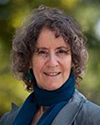Partnerships for Environmental Public Health (PEPH)

When Wildfires Hit Close to Home
March 05, 2020
Interviewee: Irva Hertz-Picciotto, Ph.D.
In this podcast you’ll hear how NIEHS-funded researchers are studying urban wildfires to better understand these complex exposures and the unique ways they may affect human health. You’ll also learn how information from these studies could help communities better prepare for urban wildfires in the future.
Note: This podcast was prepared in 2020 and does not directly relate to Canadian wildfires, but has some information that may be helpful. Please also see a list of additional resources on the Disaster Research Response (DR2) Resources Portal.
When Wildfires Hit Close to Home
Wildfires that reach residential and urban areas may burn homes and buildings, releasing many chemicals into the environment in addition to other devastating destruction. Yet little is known about how smoke from urban wildfires may differ from other fires or affect human health.
Interviewee

Irva Hertz-Picciotto, Ph.D., is the director of the NIH-funded Environmental Health Sciences (EHS) Core Center at the University of California Davis. She is an internationally renowned environmental epidemiologist with over 300 scientific publications addressing environmental exposures, including metals, pesticides and air pollutants, their interactions with nutrition, social factors and genetics, and their influences on health.
Hertz-Picciotto leads the Wildfires and Health - Assessing the Toll on Northern California (WHAT NOW California) project. Funded through the NIEHS Time-Sensitive Research program, WHAT NOW California examines potential physical and mental health effects from the October 2017 Sonoma County fires, which burned more than 5,000 structures. The research team surveyed nearly 6,000 residents about the respiratory and mental health issues they experienced during and in the immediate aftermath of the fires. Their research expanded in 2018 in the aftermath of the wildfire in Paradise.
Additional Resources
- Check out the EPA Smoke Sense app.
- Check out this EPA factsheet on protecting children from wildfire smoke and ash.
- Download the NIEHS/CPWR Disaster Preparedness mobile app, which allows workers to access and download training resources on a variety of disaster-related topics.
- Explore the Wildfire Response Training Tool, which helps workers understand the characteristics of wildfires and wildfire response and how to protect themselves from hazards associated with wildfire response, assessment, and cleanup activities.
- Find out more about protecting your lungs from wildfire smoke and ash in this Wildfire Smoke Factsheet.
- Learn how to protect yourself from wildfire smoke in this CDC article.
- Outdoor Air Quality – Wildfire Smoke
- Read more about preparing for wildfires from the Centers for Disease Control and Prevention’s (CDC) natural disaster website.


